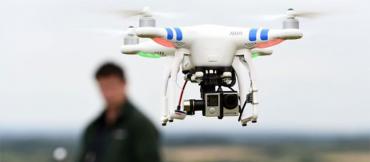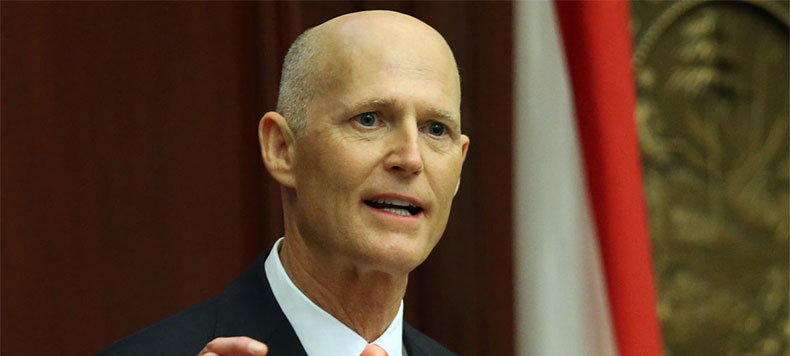
U.S. Sen. Rick Scott, R-Fla., is championing a proposal to expand how the U.S. Coast Guard can use planes and drones to crack down on drug smuggling.
On Thursday, Scott teamed up with U.S. Sen. Kyrsten Sinema, D-Ariz., and U.S. Sen. Todd Young, R-Ind., to showcase the “Coast Guard Drug Detection and Interdiction Act” which “expands the United States Coast Guard’s (USCG) use of unmanned aircraft systems (UAS) and maritime patrol aircraft (MPA) to help identify and interdict illicit drugs.”
Scott’s office insisted the proposal would give the Coast Guard far more abilities to crack down on illegal drugs.
“Currently, the USCG has actionable intelligence on over 80 percent of drugs being smuggled into the United States from South America, but it only has the ability to interdict less than 10 percent,” Scott office noted.

“Arizona leads the way in developing and deploying unmanned aircraft systems, which are proven tools in our work against drug smuggling. Providing the U.S. Coast Guard access to these critical tools will help keep Americans safe,” Sinema said.
“Our country is safeguarded by the skilled men and women of the U.S. Coast Guard who keep Americans safe and secure,” Young said. “This important legislation will help provide the Coast Guard with the necessary funding to continue to patrol our coast, identify potential threats, and keep illegal drugs out of our Hoosier communities.”
The bill offers $2 million for the next two years to expand the Coast Guard’s use of unmanned aircraft systems and $5 million for the next two years for maritime patrol aircraft.


